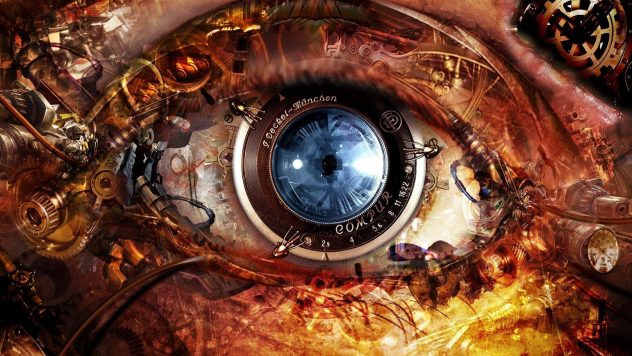Science, any system of knowledge that is concerned with the physical world and its phenomena and that entails unbiased observations and systematic experimentation. In general, a science involves a pursuit of knowledge covering general truths or the operations of fundamental laws.
ScienceKEY PEOPLE
Science can be divided into different branches based on the subject of study. The physical sciences study the inorganic world and comprisethe fields of astronomy, physics, chemistry, and the Earth sciences. The biological sciences such as biology and medicine study the organic world of life and its processes. Social sciences like anthropology and economics study the social and cultural aspects of human behaviour.TOP QUESTIONS
When did science begin?
How is science related to math?
Where was science invented?
Science is further treated in a number of articles. For the history of Western and Eastern science, see science, history of. For the conceptualization of science and its interrelationships with culture, see science, philosophy of. For the basic aspects of the scientific approach, see physical science, principles of; and scientific method.
Scientific method, mathematical and experimental technique employed in the sciences. More specifically, it is the technique used in the construction and testing of a scientific hypothesis.

The process of observing, asking questions, and seeking answers through tests and experiments is not unique to any one field of science. In fact, the scientific method is applied broadly in science, across many different fields. Many empiricalsciences, especially the social sciences, use mathematical tools borrowed from probability theoryand statistics, together with outgrowths of these, such as decision theory, game theory, utility theory, and operations research. Philosophers of science have addressed general methodological problems, such as the nature of scientific explanation and the justification of induction.READ MORE ON THIS TOPIChistory of science: The diffusion of scientific methodThe publication of the Principia marks the culmination of the movement begun by Copernicus and,…
The scientific method is critical to the development of scientific theories, which explain empirical (experiential) laws in a scientifically rational manner. In a typical application of the scientific method, a researcher develops a hypothesis, tests it through various means, and then modifies the hypothesis on the basis of the outcome of the tests and experiments. The modified hypothesis is then retested, further modified, and tested again, until it becomes consistent with observed phenomena and testing outcomes. In this way, hypotheses serve as tools by which scientists gather data. From that data and the many different scientific investigations undertaken to explore hypotheses, scientists are able to develop broad general explanations, or scientific theories.
